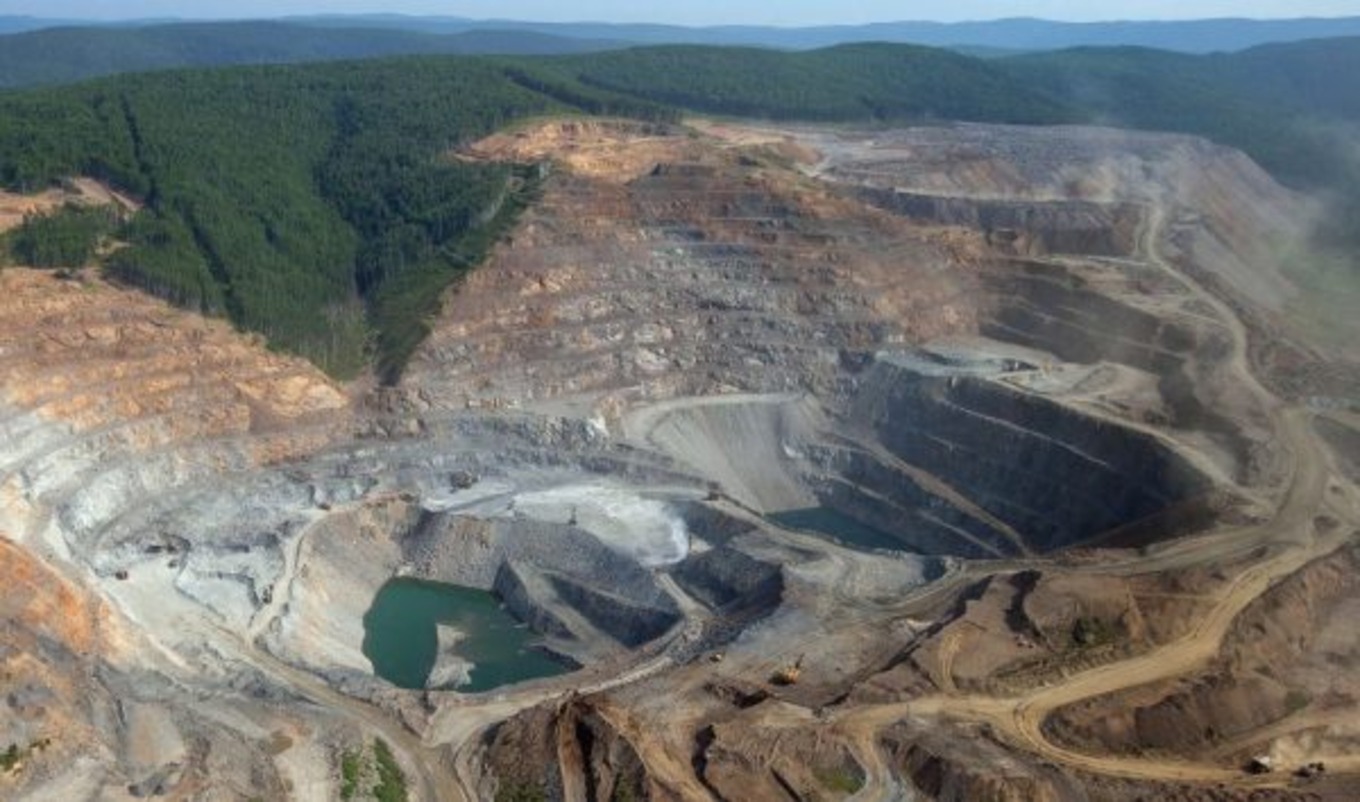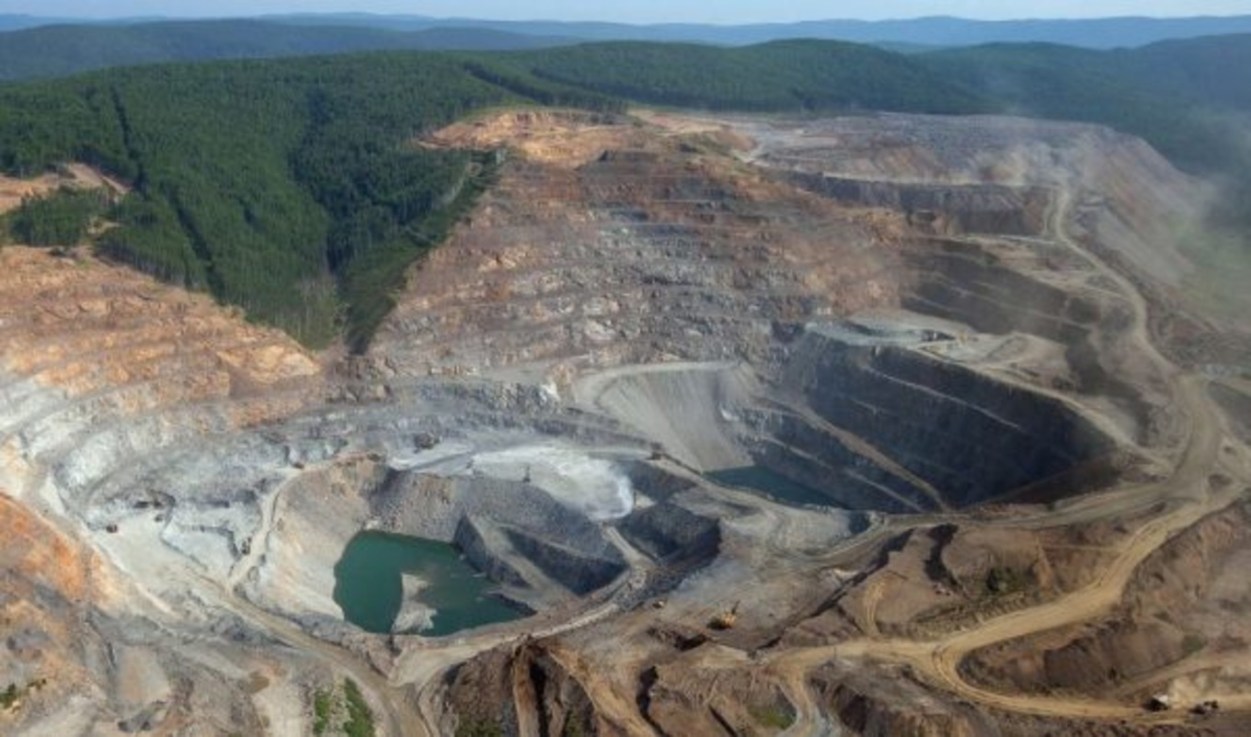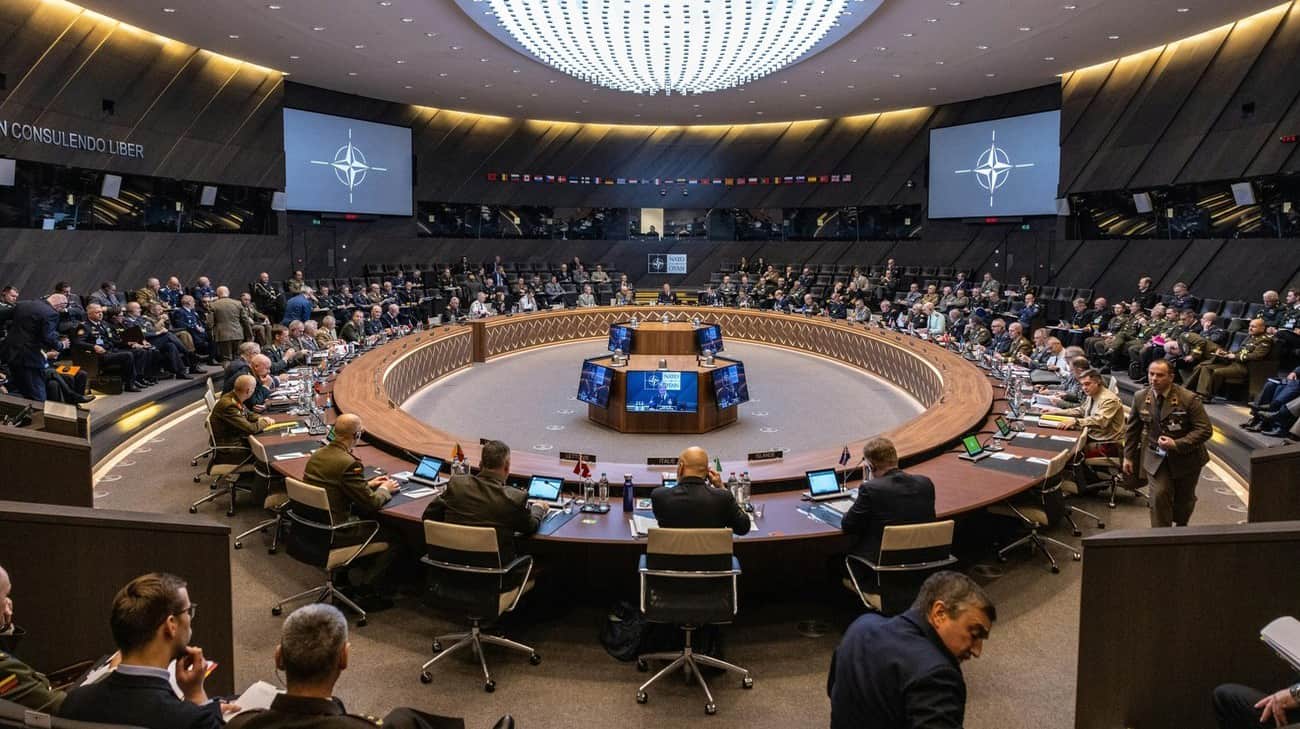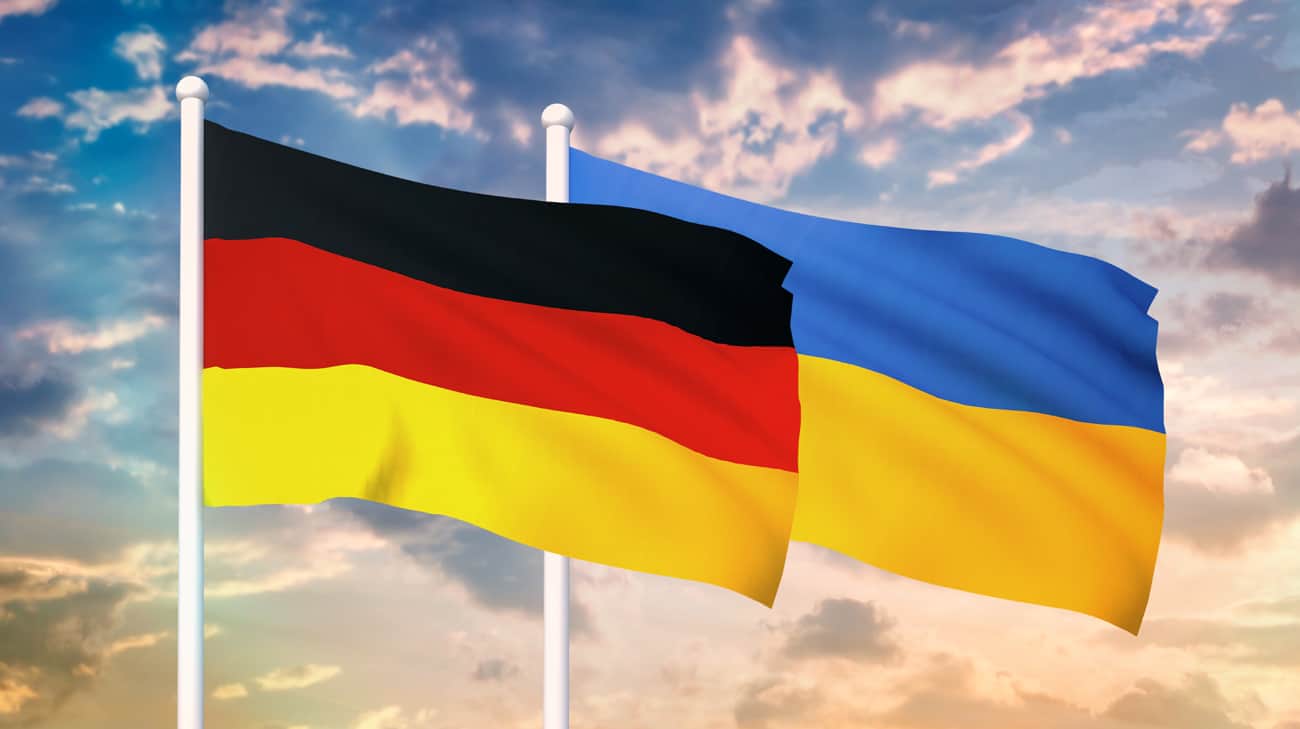Ariana Resources to dual-list after merger with gold miner Rockover Holdings
The merger is expected to be implemented by 28 June 2024.


London-listed Ariana Resources has agreed an all-share merger with Zimbabwe-focused gold miner, Rockover Holdings.
The merger will be effected through the combination of Galvanic Metals Limited, a newly incorporated wholly-owned BVI subsidiary of Ariana.
AIM-listed Ariana currently owns around 2.1 per cent of Rockover but after the merger goes through, Ariana shareholders will own around 62.5 per cent of the newly-formed company with Rockover shareholders owning the rest.
The star in Rockover’s crown is its 100 per cent ownership of the 1.3m ounce Dowke Gold Project in Zimbabwe, which has an expected mine life of 13 years.
Based on the merger ratio, Ariana would issue 687,817,998 new ordinary shares of 0.1p each to acquire the shares in Rockover not already owned.
Ariana has agreed to fund Rockover moving forward, including by way of loans in the sum of up to $300,000 (£239,000) between now and the completion of the merger, which is conditional on shareholder approval
To expand Ariana’s footprint, the company said that it intends to dual-list on the Australian market and retain its AIM listing, as well as appoint two Rockover directors, Nicholas Gore Graham and Andrew du Toit, to the Ariana board.
The merger is expected to be implemented by 28 June 2024, and further announcements will be made in due course
Dr Kerim Sener, managing director of Ariana Resources, said: “We are thrilled to announce a significant milestone in Ariana’s history through securing this opportunity to acquire a major new gold development project and embarking on a new chapter by expanding beyond our well-established Turkish operations.
“Our team has achieved a huge amount in the successful delivery of this opportunity to our shareholders after many months of focused effort undertaken in the background to our other activities.
Gold has been on a tear as of late, with prices reaching repeated new highs driven by massive central bank buying and ongoing geopolitical tensions.



